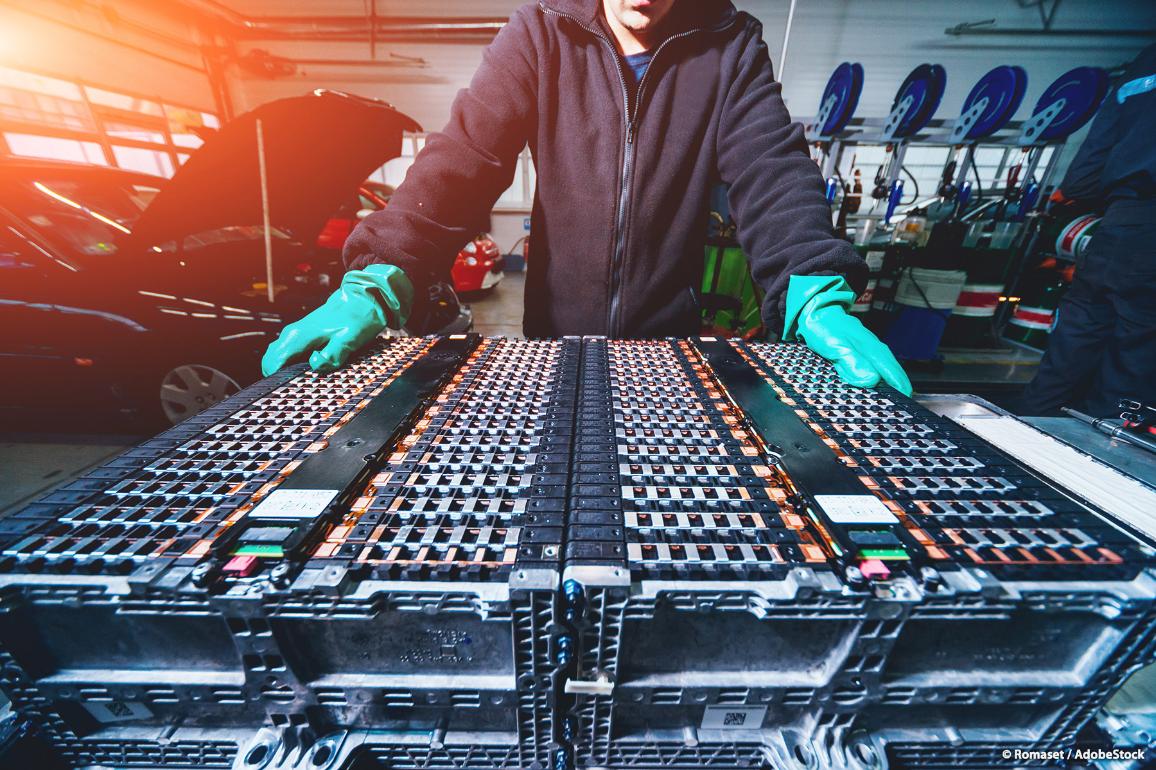What is France studying on metals for electric batteries

The French government's expert plan on metals for batteries. Here are the details
By 2030, Europe will produce no more than 30% of its strategic minerals for electric batteries in the energy transition, such as lithium, cobalt or nickel, which it will then be forced to import widely, says a report submitted to the French government on Monday. .
"In general, dependency rates will remain high even by 2030 across Europe: only 20-30% of the need for" nickel, lithium or cobalt "for batteries and electrical systems" could be produced by European suppliers, "he said. to the press the French financier and manager Philippe Varin, author of this report on how to “guarantee the supply of raw materials. Philippe Varin, former president of France Industrie, the organization that brings together all branches of French industry, was in fact commissioned by Macron to draw up a detailed report on the needs to be implemented in scheduled times.
"The EU is clearly lagging behind China, which has taken an advantage of 20 years" in controlling the entire supply chain of minerals and strategic metals in order to get out of the dependence on fossil fuels, said Philippe Varin in a conference call with the press.
Faced with plans announced to build 38 mega-factories of electric batteries across the European Union, the risk of a shortage of critical materials to power them is therefore considered "worrying" by the author of the report.
However, for the EU, electric mobility, which replaces internal combustion engines, is crucial, "because transport emits 30% of the greenhouse gases" of the 27 countries, he explained.
In the wake of this, the French government announced "a loan of one billion euros", 500 million in state aid, grants and repayable advances and 500 million to set up an investment fund, intended to "strengthen the resilience of the industrial fabric. on metal supply chains ".
Three recommendations were made by Philippe Varin. Let's see them in brief:
- Establish a public-private investment fund to guarantee the supply of critical metals to the three mega-factories of batteries planned to date on French soil (which should allow the production of the equivalent of 200 GWh of energy). This fund will be able to take minority positions with experienced mining companies.
- Install two industrial platforms in France, one in Dunkirk (north) for metals, the other in Lacq (south-west) for magnets, refining, manufacturing of battery precursors (cathodes, anodes), forming and recycling.
- Establish a "road map" between industrialists and researchers, in particular the CNRS and the Commissariat à l'Energie atomique (CEA). But above all to focus one's attention on lithium, which remains an absolutely strategic material. On this central topic for Europe, Riccardo Iacona's Direct Presa program highlighted the existence of numerous critical issues.
Of course, France will be able to carry out this ambitious project only to the extent that it will be able to optimize its mineral resources present not only in France but above all present in its former African colonies (we think of the crucial role that uranium plays for French nuclear power plants and Niger in particular)
Another problem – in some ways paradoxical, moreover typical of the energy transition – consists in the fact that to build this revolution it will be necessary to resort to massive mining infrastructures that have an enormous environmental impact.
This is a machine translation from Italian language of a post published on Start Magazine at the URL https://www.startmag.it/energia/europa-metalli-batterie/ on Wed, 12 Jan 2022 07:17:02 +0000.
